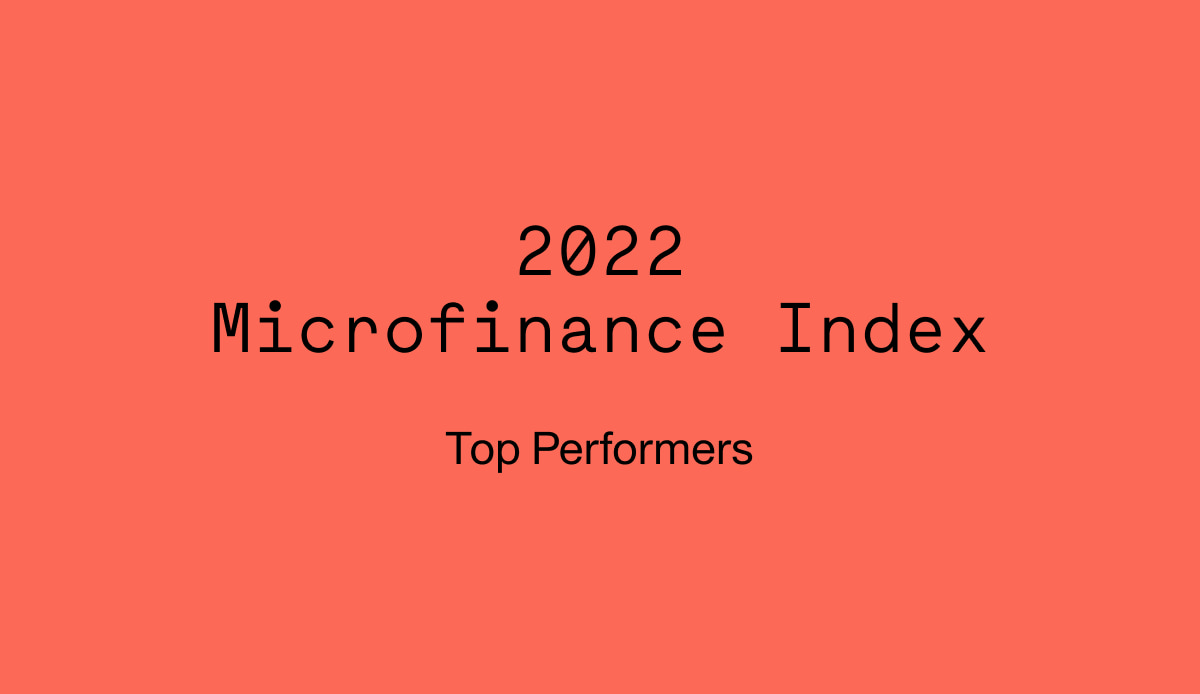

Customer Impact Data – The Greatest Unmanaged Risk in Fintech
Positive customer experiences are the lifeblood of any organisation – fintech or otherwise. Not properly addressing customer impact data can be detrimental to a company.
The global fintech market was described in a recent HBR article as investors’ “Goldilocks dream”. This is thanks to its promise of big investor returns and positive social impact. In 2021 a total of 113 new fintech “unicorns” were created. They had the potential of bringing the world’s 1.4 billion unbanked customers into the financial mainstream.
However, while financial access is increasing at a blistering pace worldwide – in Kenya 82.9 per cent of the population had access to high-quality financial services in 2019, up from 26.7 per cent in 2006 – access to digital financial products is neutral from a social impact perspective. Some products have a significant positive impact on customers’ lives. Others though, simply meet an immediate need (to make a purchase or pay off a debt). This results in people being left worse off.
Many new digital financial products are repackaging old business models that present as much risk as opportunity. Quick, easy credit first gained popularity in the US after the Great Depression. Everyone knew that buy-now-pay-later, pawn shops and payday lenders did as much good as harm for their customers.
With glossy apps and big claims about driving financial access, it’s easy to overlook that some fintech lenders’ 600 per cent interest rates match those of the most aggressive US payday lenders. As recently as 2019, Kenya’s digital lending interest rates exceeded 400 per cent, and multiple companies charged 100%+ APRs — Annual Percentage Rates that caught the attention of media and regulators.
Fintech’s response
In this context, how should fintechs and their investors respond? Most are pushing for growth at all costs, expecting that competitive and regulatory forces will play out over time. This approach is short-sighted and ignores the risk of regulatory backlash or a shift in public sentiment.
Just last year, headline-grabbing collapses in crypto markets led to a shift that wiped out $1trillion of market value, over 50 per cent of global market capitalisation. Could the fintech market be facing a potential 10 – 30 per cent decrease in value, of $30billion or more in market cap?
There are already signs of backlash. Google removing fintech apps from its Google Play store in India for violations of user safety policies; Kenya’s Central Bank getting formal regulatory authority over fintechs in 2021; multimillion-dollar settlements in the US against fintech players for predatory practices. These could be the first signs of larger, systemic risk. In turn, decreasing valuations and create real harm for fintech customers.
The microfinance industry – whose sole purpose is to reach unbanked customers, with less aggressive tactics than fintechs – was recently put under the microscope. In 2022, Bloomberg published an exposé about the harm caused by microfinance institutions (MFIs) and the big profits accruing to microfinance investors.
The article portrayed aggressive loan recovery practices and forced land sales, sending shockwaves through the industry. One can imagine similar revelations about harm for fintech customers that would have deeper reverberations.
But there is a path forward for fintechs: to arm themselves with data to help fulfil their promise of creating financial inclusion and protect themselves from unjust accusations of negative impact.
Identifying your customer
The industry needs detailed, comparable, customer-based information on who they are reaching. This is in addition to how products are being used, consumer protection practices, and the impacts of these products on customers’ lives. Both in positive and negative ways.
In 2022, 60 Decibels conducted an analysis of the microfinance industry, focusing on comparative social performance and consumer protection. In surveying nearly 18,000 microfinance clients across 41 countries, more than 25 million of the world’s 140 million MFI customers were represented in the results.
The data revealed that six per cent of clients say they’re materially worse because of their microfinance loan. However, the vast majority consider their lives to be the same, better, or much better thanks to their access to microfinance.
Armed with this data – rigorous evidence from a large-scale data set gathered directly from customers – microfinance institutions and their investors have a convincing argument in the face of criticism, can use it to mobilise and further strengthen consumer protections, and protect themselves against regulatory overreach.
We need to create a similar, global data set of fintech customers, and we need to act soon. Without it, the industry and regulators are flying blind. They are unaware of whether the products or rules they create help or hurt customers.
The cost of gathering customer impact data, annually on a global scale, is a rounding error. Especially when compared to the potential value destruction that a large-scale loss of confidence or negative regulatory consensus could create.
A fully transparent, comparable customer data set would be the best defence against any ill-informed campaign that threatens to throw the fintech baby out with the bathwater. Especially one that identifies performance by company and by the investor. And, as a bonus, it happens to be the right thing to do for customers.
Sasha is Co-Founder and CEO of 60 Decibels, a tech-powered impact measurement company that helps organizations to tap into high-quality, benchmarked customer insights. With thousands of impact measurement projects delivered worldwide, 60 Decibels proprietary Lean Data approach brings customer-centricity, speed and efficiency to impact measurement. Prior to co-founding 60 Decibels, Sasha worked for 12 years at the social impact investor Acumen. He’d previously worked at GE Capital, IBM, and Booz Allen.
This article was originally published in The Fintech Times in May 2023 here

